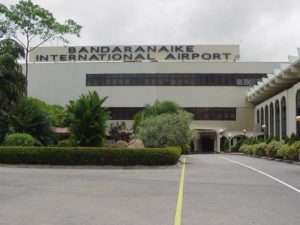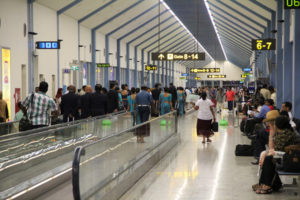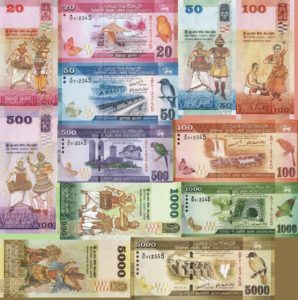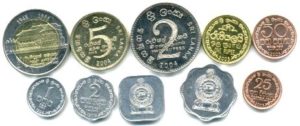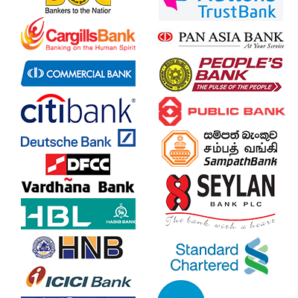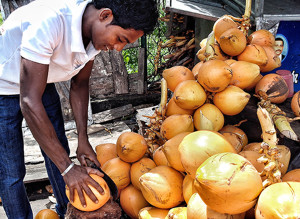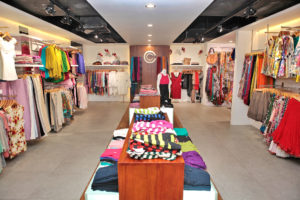We have complied a list of tips that you might find useful before your visit to Sri Lanka.
SRI LANKA TRAVEL TIPS AND GUID
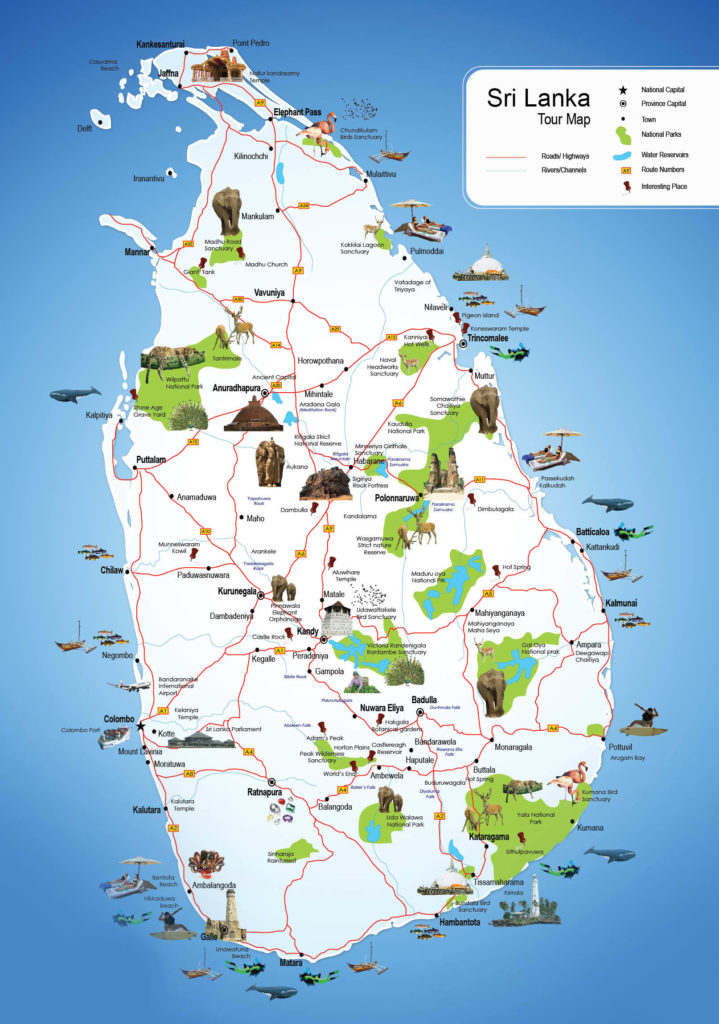
Custom Imports
You are allowed to bring into the country duty free 1.5 liters of spirits, two bottles of wine, a quarter-liter of toilet water, and a small quantity of perfume and souvenirs with a value not exceeding US $250.
The import of personal equipment such as cameras and laptop computers is allowed but must be declared on arrival. However, personal equipment must be taken out of the country upon the visitor’s departure. The import of non-prescription drugs and pornography of any form is an offence.
Sri Lanka Customs: http://www.customs.gov.lk
Sri Lanka’s Currency
the local currency is the Sri Lankan Rupee, divided into 100 cents (you rarely come across scents today).
Currency notes are Rs: 5,000, Rs: 2,000, Rs:1,000, Rs:500, Rs:100, Rs:50, Rs:20 and Rs:10.
Make sure you have plenty of lower denomination notes (Rs:50, Rs:100, Rs:500), especially when travelling and you need to buy small items, fruit, and eat cheap meals, because change is often hard to come by apart from at hotels and big shops.
Banks
Banks are open from 0900 hrs. to 1300 hours Monday to Friday. Some city banks close at 1500 hrs.
While some are open on Saturday mornings. It’s easy to withdraw money across the island at ATMs using international credit cards or debit cards.
Credit Cards
Most hotels, restaurants and shopping centers accept credit cards. Some establishments may try to add a surcharge, which is illegal.
Time Difference
Sri Lanka Standard Time is five and a half hours ahead of GMT. (Allowance should be made for summer-time changes in Europe.)
Photography, Restrictions & Permits
Sri Lanka is a tremendously photogenic island, so it’s hardly surprising that most tourists bring a camera of some kind when they visit the country. The stunning landscapes, the captivating fauna and lush flora, and the stupendous archaeological remains provide great opportunities: a bonus is that Sri Lankans love to be captured on film. So it’s easy to capture the traditional rural lifestyle. You’ll find villagers, farmers, fishermen and tea pluckers will readily stand in front of your viewfinder. Your subjects will often ask to have a copy of picture sent to them. This may be laborious, but it is a reasonable courtesy as many may never have seen a picture of themselves. It is also understandable that many will also expect a token recompense for allowing themselves to be photographed.
Restrictions
There are some important restrictions that apply to photography regarding Buddhist imagery. When you visit a temple or other religious site, remember that photography should not be carried out in a manner causing disrespect. For instance, it is strictly forbidden to be photographed in front of or beside any statues and murals. Note that flash photography can damage old murals.
Local Health Care
Minor health problems can always be treated by doctors with practices in the resorts and elsewhere in the country. If you have a more serious problem, Colombo now boasts a selection of modern, well equipped private hospitals offering the latest in conventional medical and surgical therapies. A growing number of foreigners are taking advantage of affordable, high quality private healthcare in Sri Lanka, and combining it with the chance to take a holiday. Though the medical tourism industry in Sri Lanka is still in its early days, a number of private hospitals in Colombo are geared to provide advanced surgery and other treatment to international clients
Travelers With Special Needs
Travelers with special needs, especially if they visit Sri Lanka without a companion, should note that the country has relatively few facilities for disabled people, although greater awareness and improvements are evolving. There’s no need to worry at the Colombo Airport as wheelchairs and assistance in boarding
and disembarking are available. Buildings, offices, and banks are becoming better-equipped with wheelchair ramps and suchlike. If you aren’t travelling with a companion, you’ll find that Sri Lankan will be only too eager to assist.
Where to Stay
Sri Lanka offers visitors an excellent range of accommodation facilities to suit all budgets from luxury hotels to low budget accommodations. In the peak season (mid-January and during Easter) bookings can be heavy so it is best to reserve accommodation well in advance through Tour operators/ travel agents, booking online and through our travel planner.
Drink
Sri Lankan ‘Ceylon’ tea is prepared as in the West and coffee too. There are a huge variety of bottled soft drinks, including well-known international brands.[ Thambili ] king coconut water is a safe and refreshing option. Local beer and spirits are widely available. Bottled mineral water is available in everywhere. Please note: Alcohol is not sold on Poya (full-moon day of the month) days.
Language
Communication is rarely a problem in Sri Lanka as English is widely spoken in most parts of the country including in hotels, restaurants, commercial establishments and even by private transport providers.
Signboards and street signs are generally displayed in English, Sinhala & Tamil.
Electricity
230. 240 volts, 50 cycles AC. If you travel with a laptop computer bring a stabilizer.
Shop
Most shops open at 10.00am and close at 06.00pm. Shops are usually closed on Sundays and Full moon Poya days. The full moon Poya day has religious significance for Buddhists and alcohol is not served in hotels, bars, restaurants and public recreational areas on this day.
Booking in Advance
The peak season is between October and March as many European travellers prefer the warm sunshine and the golden beaches of Sri Lanka to their winter cold. Hotels in popular tourist destinations, such as the west coast beach resorts, Kandy, Nuwara Eliya and Ella should be booked in advance to secure desired accommodation. July and August could be also considered a peak period, especially in Kandy due to the famous Perahera Festival which is a “must-see” for visitors.
